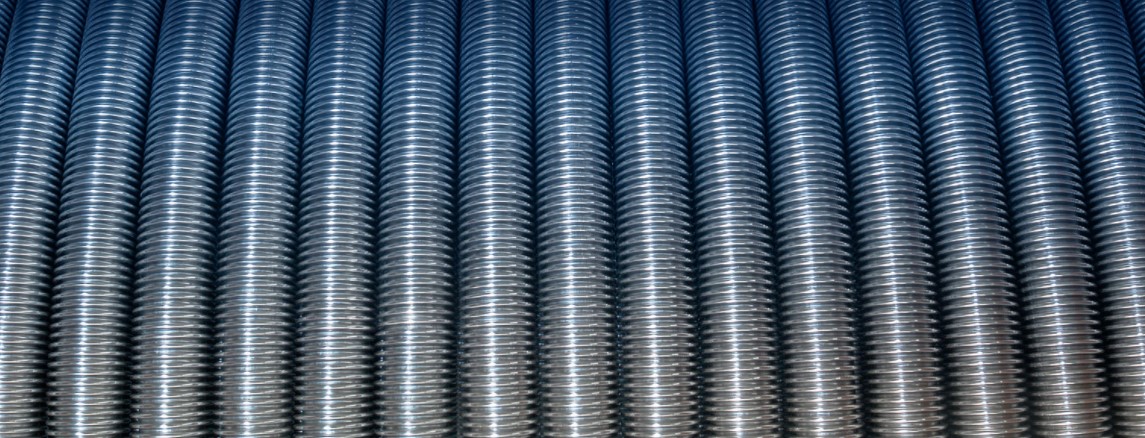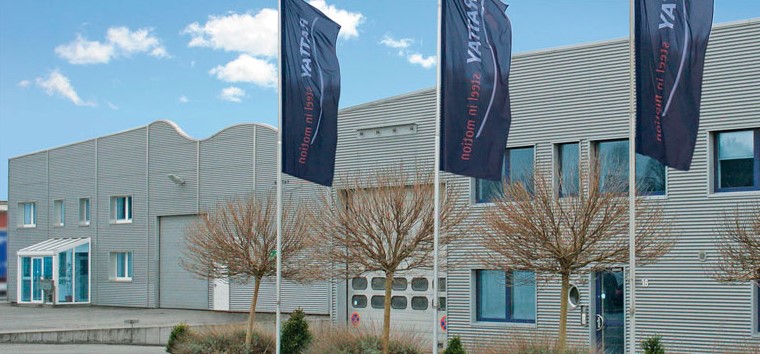Copyright 2025 © All rights Reserved. Design by Elementor
Mitigating the risks of raw material price fluctuations and supply bottlenecks, optimizing thecarbon footprint and meeting existing customer demands for greater sustainability to a greater extent – the Circular Economy offers companies the opportunities to do this. In the Circular Economy, raw materials are kept in circulation for as long as possible. The Prosperkolleg project team has now developed a Circular Economy potential check based on a company study.

The core is a “Circularity Matrix” that supports manufacturing companies in identifying individual circular potential and deriving concrete measures in four central fields of action. The initiators are now looking for more interested companies from NRW until the end of February 2022 to test the system in practice and develop it further.
Whether circular product development, the purchase of recyclable materials, resource-efficient production or the retrieval and reprocessing of products – there are very different approaches and challenges for companies in the area of Circular Economy. But where is the best place for a company to start? The Circular Economy Potential Check uses the Circularity Matrix to take into account the individual starting situation of the companies and to identify the respective greatest circular potentials in order to subsequently implement them.
The matrix was developed from a study with four companies from NRW. As part of this study, Duisburg-based innowise GmbH, in cooperation with the Prosperkolleg project team and the participating companies from the mechanical engineering, furniture, metal and switchgear construction sectors, identified key circular action areas in which Circular Economy activities can be initiated.

The joint and structured elaboration helped us to identify concrete starting points in the area of circular value creation. Based on the analysis of the Prosperkolleg, we can push forward the further development and implementation of the potentials.
Frank Tennagels, Geschäftsführer der Rattay Group GmbH, europaweit tätiger Hersteller von Metallschläuchen, Kompensatoren und Rohrleitungen
Now other companies can also test the matrix free of charge and find concrete approaches to the Circular Economy in their own operations with the help of the approx. 40 questions from the specialist areas of product design, purchasing, production and sales. The identified starting points for the implementation of circular measures are analyzed and evaluated together with the companies. Innovations in the product, manufacturing process or business model can be derived from this.
“Every company has different requirements and different opportunities. Together, we found that dividing the Circular Economy into priority action areas was very helpful for the participating companies to find concrete starting points.”explains Stefan Alscher, resource efficiency consultant at the Effizienz-Agentur NRW.
Companies interested in the Circularity Matrix can contact the Prosperkolleg or the Effizienz-Agentur NRW by the end of March 2022. Building on the matrix, companies have the opportunity to participate in an individually designed, more in-depth workshop. The results can be used by the companies free of charge in the follow-up. You can find more info here.

Operational implementation
Tel.: +49 208 88254 898

Operational implementation
Tel.: +49 203 37879 406
E-mail: lmd@efanrw.de